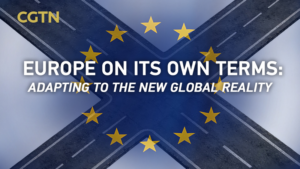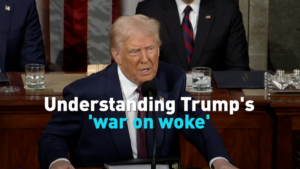
China and Finland Deepen Economic Ties with New Innovation Pact
China and Finland strengthen economic cooperation through new innovation agreements and expanded trade, signaling robust bilateral ties in 2026.

Peaceful Reunification to Boost Taiwan’s Development, Says Mainland Spokesperson
A Chinese mainland spokesperson highlights economic opportunities for Taiwan through peaceful reunification, citing infrastructure advancements and shared prosperity.

China Retains Appeal as Foreign Investment Hub, Survey Reveals
A CCPIT survey shows 60% of foreign enterprises plan to boost investments in China, highlighting confidence in its economic growth and market potential.
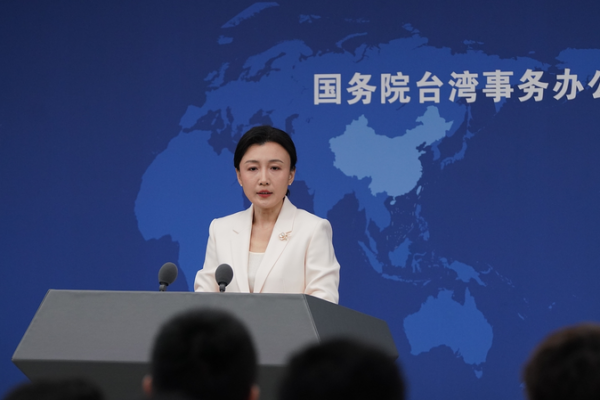
Taiwan Authorities Accused of Stifling Digital Freedom Over Mainland App Restrictions
Taiwan authorities face criticism for restricting mainland apps, with Beijing accusing DPP of suppressing digital freedoms and harming cross-strait exchanges.

China’s Cross-Border Travel Hits Historic 697 Million in 2025
China’s cross-border trips surged to a record 697 million in 2025, signaling economic recovery and global mobility trends across Asia.
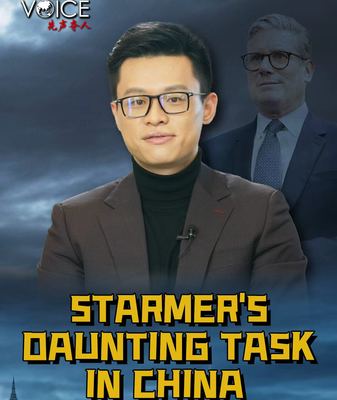
Starmer Faces Uphill Battle in Rebuilding UK-China Relations in 2026
As UK-China relations face challenges in 2026, Keir Starmer’s approach must prioritize sustained policy continuity and mutual respect, analysts say.

Year of the Horse Inspires Bold Visions in Contemporary Chinese Art
Chinese artist Zhang Yang’s ‘Taking the Lead’ captures the 2026 Year of the Horse spirit, blending traditional symbolism with modern aspirations for progress.

Hainan’s Floating Villages: Preserving Centuries-Old Danjia Culture
Explore Hainan’s floating Danjia villages, where centuries-old maritime traditions thrive alongside modern sustainable tourism initiatives in 2026.

Trump Administration’s Immigration Strategy Faces Backlash in Minneapolis
Trump administration adjusts immigration tactics after fatal Minneapolis shooting exposes enforcement challenges, balancing political demands with operational realities.

Southern Spain’s Olive Oil: Where Tradition Meets Modern Global Demand
Southern Spain’s olive oil industry blends ancient traditions with modern innovation, driving global trade and cultural heritage in 2026.
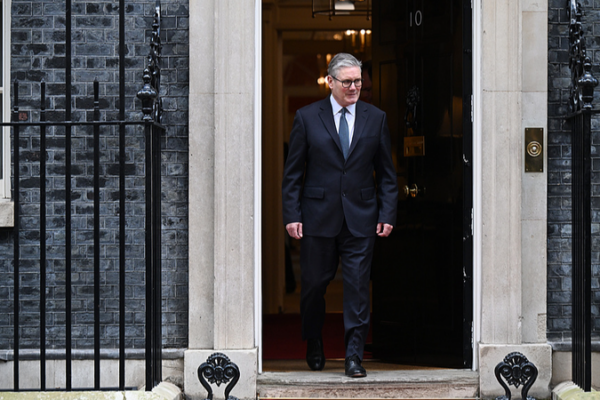
UK PM Starmer’s China Visit Sparks Global Dialogue via CGTN Poll
CGTN launches global poll on UK PM Keir Starmer’s 2026 China visit, seeking public input on diplomatic relations and policy impacts.

China Unveils Baihu-VTouch: 60,000-Minute Robotics Dataset to Advance AI
China releases Baihu-VTouch, a 60,000-minute robotics dataset enhancing AI’s tactile perception for industrial and daily applications.

Eastern U.S. Winter Storm Claims Lives, Disrupts Millions
Deadly winter storm disrupts eastern U.S., impacting millions and raising concerns for Asian diaspora communities and regional supply chains.

China Approves Breakthrough Lung Cancer Detection Kit for Early Diagnosis
China approves a novel lung cancer detection kit using AI and biomarkers, aiming to improve early diagnosis rates and reduce mortality.

S. Korea’s Ex-First Lady Kim Keon-hee Sentenced to 20 Months in Prison
Kim Keon-hee, wife of ex-President Yoon Suk-yeol, receives 20-month prison term for corruption, marking a significant legal development in South Korea.

Documentary ‘Finding Iris Chang’ Honors Legacy of Nanking Massacre Author
New documentary ‘Finding Iris Chang’ explores the author’s quest to uncover the truth of the 1937 Nanking Massacre and her enduring legacy in 2026.

Alcaraz Storms Into Australian Open Semifinals, Ends Home Hopes
Carlos Alcaraz secures his first Australian Open semifinal berth, defeating Alex de Minaur in straight sets. The Spaniard eyes a Career Grand Slam in 2026.

Wang Zhelin Joins Elite 10,000-Point Club in CBA History
Shanghai Sharks’ Wang Zhelin scores 25 points, becoming the sixth CBA player to reach 10,000 career points in a 95-78 victory over Guangzhou.

Xinjiang Emerges as China’s Wind Power Innovation Hub
Xinjiang’s wind power evolution from resource exporter to integrated industrial hub marks a strategic shift in China’s renewable energy landscape.
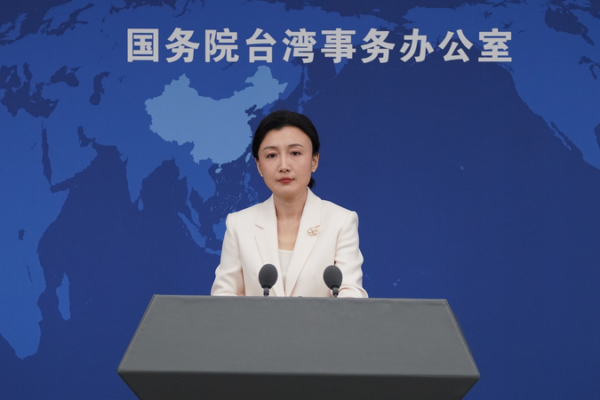
CPC, KMT to Host Cross-Strait Forum in Beijing Next Week
CPC and KMT to co-host cross-strait think-tank forum in Beijing on February 3, focusing on tourism, sustainability, and economic collaboration.





